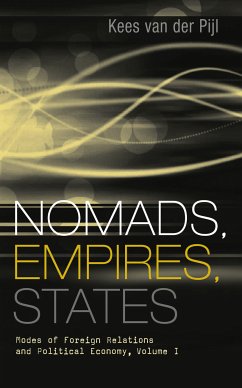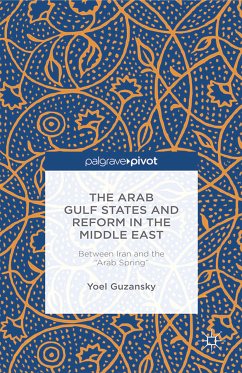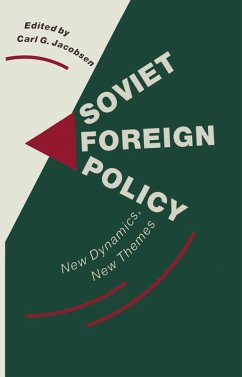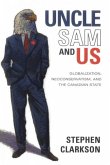*Shortlisted for the Deutscher Memorial Prize 2008*
How we think about international relations theory needs to change. Kees van der Pijl argues that by making the "nation-state" the focus of international relations, the discipline has become Euro-centric and a-historical and that theories of imperialism and historic civilisations, and their relation to world order, have been discarded. With more than half the world's population living in cities, with unprecedented levels of migration, global politics is present on every street corner. The 'international' is no longer only a balance of power among states, but includes tribal relations making a comeback in various ways.
Outlining a new approach to IR theory, the book makes a case for a re-reading of world history in terms of foreign relations, and shows what it reveals about both our past and our future.
How we think about international relations theory needs to change. Kees van der Pijl argues that by making the "nation-state" the focus of international relations, the discipline has become Euro-centric and a-historical and that theories of imperialism and historic civilisations, and their relation to world order, have been discarded. With more than half the world's population living in cities, with unprecedented levels of migration, global politics is present on every street corner. The 'international' is no longer only a balance of power among states, but includes tribal relations making a comeback in various ways.
Outlining a new approach to IR theory, the book makes a case for a re-reading of world history in terms of foreign relations, and shows what it reveals about both our past and our future.
Dieser Download kann aus rechtlichen Gründen nur mit Rechnungsadresse in A, D ausgeliefert werden.









